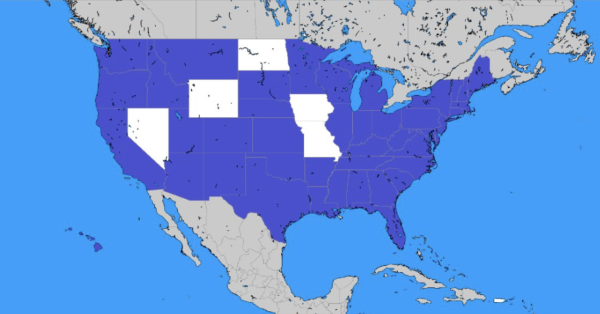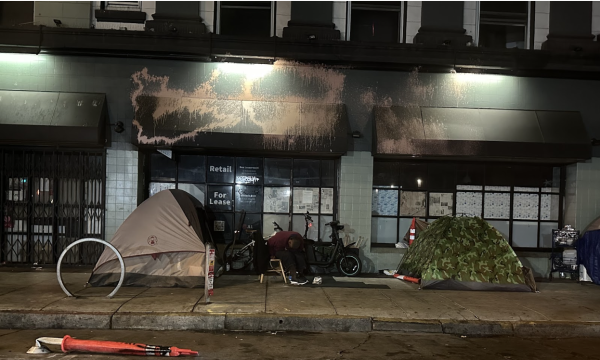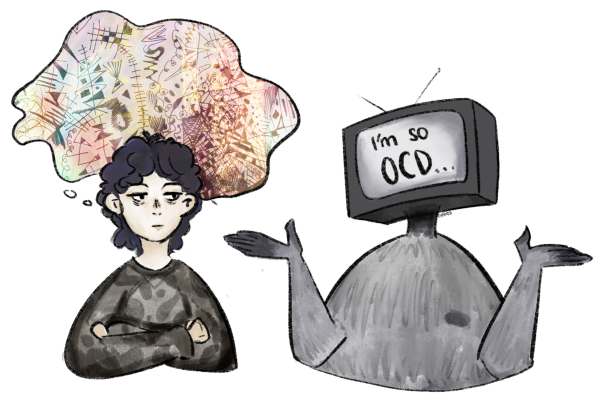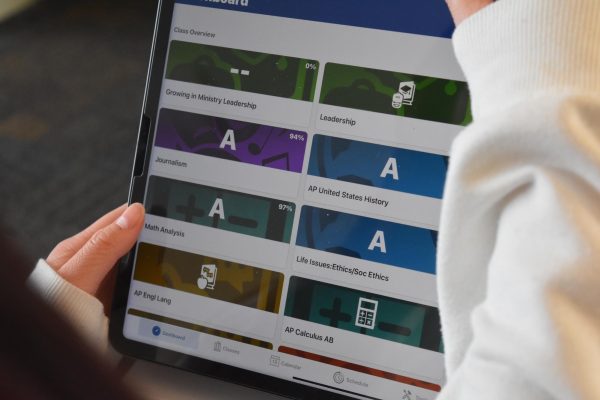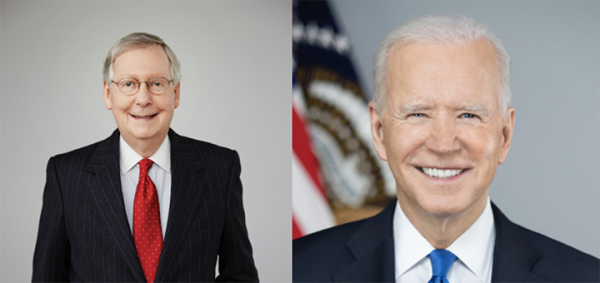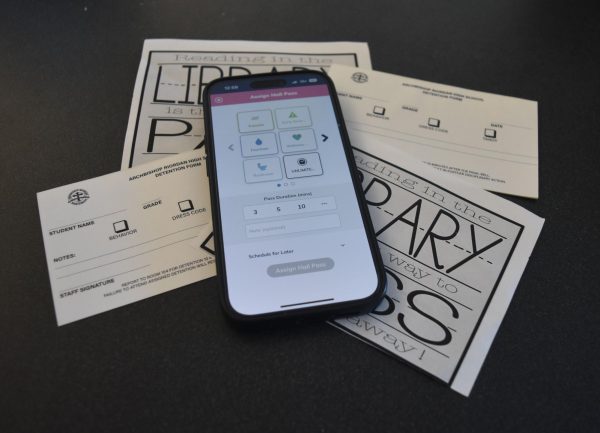Late night talk shows reserved for liberal views
December 15, 2018
Comedy is often something that is taken for granted. Too often, it’s overlooked and dismissed in the world of politics. This is especially troubling as the most accessible medium for many people is humor.
Seemingly without notice, comedy has been turned into a one sided political weapon. To take something so universally understood and to turn it into something utterly partisan is reprehensible. Unfortunately, in the world of late night comedy, this has already transpired.
Out of the 10 late night hosts, roughly seven have shows that have a strong proclivity towards politics. Of those seven, zero are conservative. Of those seven, zero are moderates. Ask any Democrat why this is, and you’ll hear the same two answers: either, “Republicans don’t have a sense of humor,” or, “you need to be smart to have a career in comedy.”
Too often, this veil of humor is used to mask more serious undertones. Comments such as these can lead to deep political divisions. Comedy shouldn’t be used to divide people. By sharing a laugh, people are able to better appreciate one another, which makes for a more united country. When comedy is monopolized by a single side, however, the opposite effect occurs: division increases and problems arise. The current divisive nature of comedy is most evident in late night shows. Take Seth Meyers, the host of “Late Night,” for instance. In a single episode, Seth Meyers made three fairly radical left-wing claims: first, “[Fox News] exists for one purpose: to disseminate [Trump’s] lies and to whip its audience into a racist frenzy,” second, “[the modern GOP] is robbing you and trying to distract you while they’re doing it,” and lastly, “Republicans make stuff up because they can’t defend their actual record.”
None of these comments were meant to get a laugh—their sole purpose was to attack the political party in opposition to the hosts views. Any one of these quotes is troublesome by itself. Three in just a few short minutes is exponentially more worrisome. Unfortunately, the comments don’t stop with Seth Meyers. In her show “Full Frontal,” Samantha Bee stated that, “The GOP is the party of frenzied, radical mobs.”
Jimmy Kimmel, the host of “Jimmy Kimmel Live!” stated that he is not put off by the fact that Republican viewers stopped watching his show after he became involved in the world of politics because he, “wouldn’t want to have a conversation with them anyway.” Statements like these are far from a rarity on these shows. Perhaps these comments stem from the perceived duty of the hosts. According to Jimmy Kimmel, “It’s more important to be honest with viewers than to be universally funny.”
Honesty, in this case, does not refer to telling the audience hard truths. Instead, he is constantly feeding information with a liberal slant to his viewers. Hosts should not put their political views before their shows’ entertainment factor—it’s literally their job to be entertaining.
A corruption of purpose combined with a consistently leftist ideology has resulted in both the alienation of a large percentage of the country and increasing divisions between political groups. To fix this rapidly growing problem several things need to occur.
First, attacks on political groups need to lessen in severity. This way, political tensions will not be quite so aggravated and shows will be less likely to alienate their viewers.
Next, hosts need to commit more to entertainment than to politics. A comedy show is not a place to spew political views, so hosts need to stop acting like it is.
Lastly, a variety of political views is needed in late night shows. Everyone deserves to laugh. By giving people this outlet for political aggression, tensions and divisions are less likely to escalate.
Comedy carries more weight than it’s given credit for. Rampant liberal politicization of these shows has caused a great problem in our country. Fixing it will not be easy, but it is necessary for the good of our nation.


